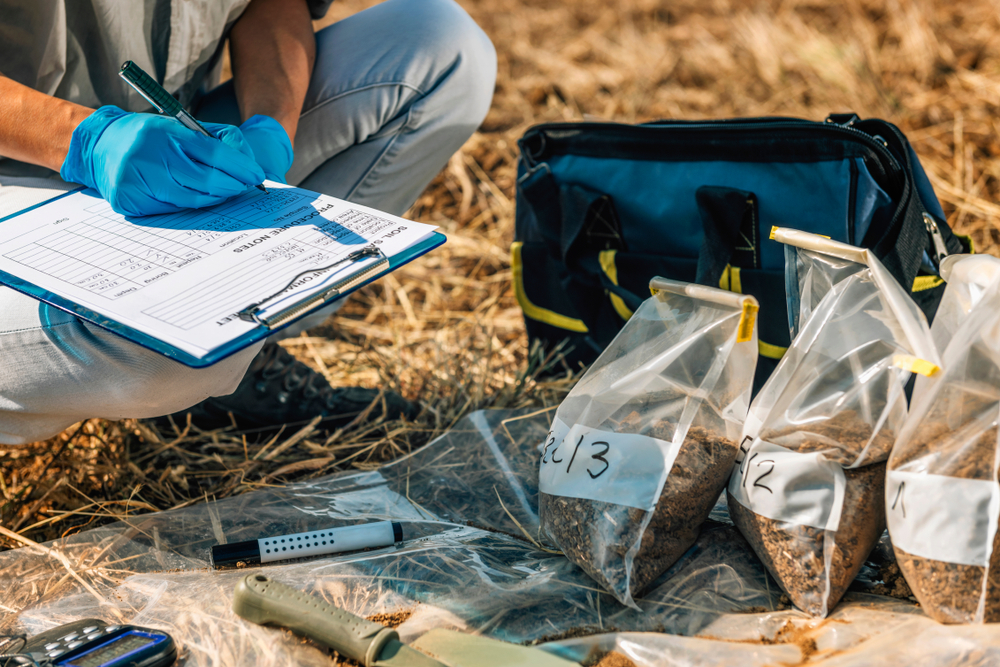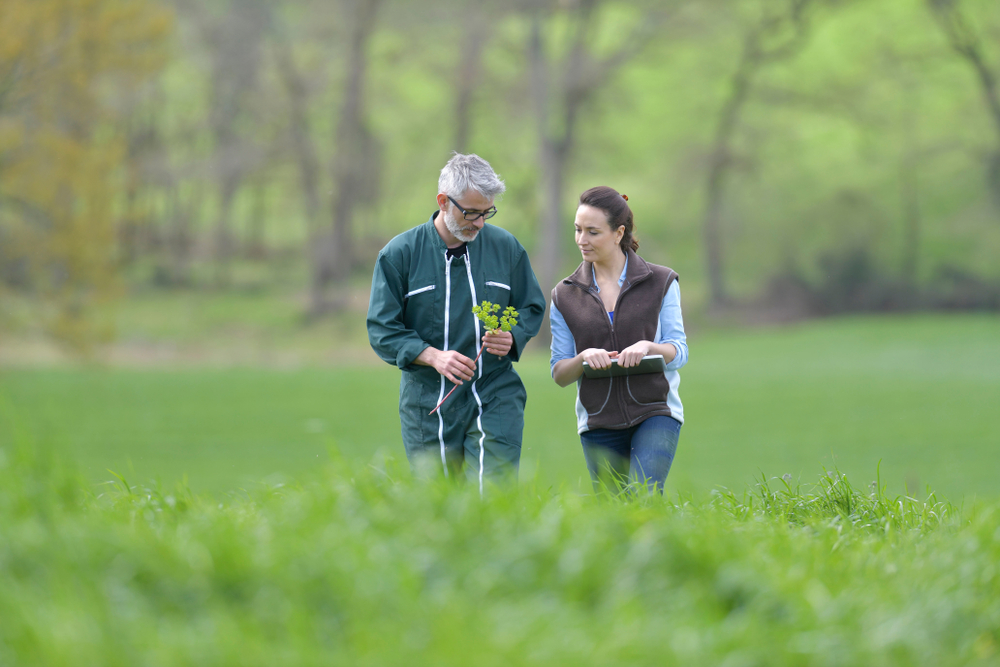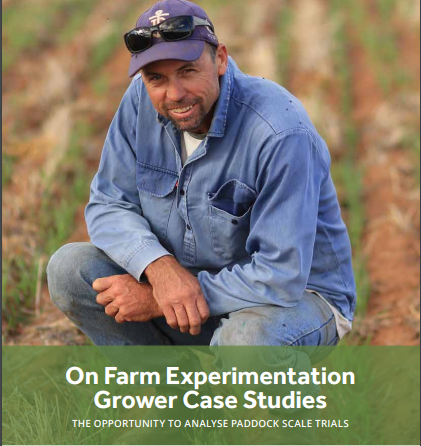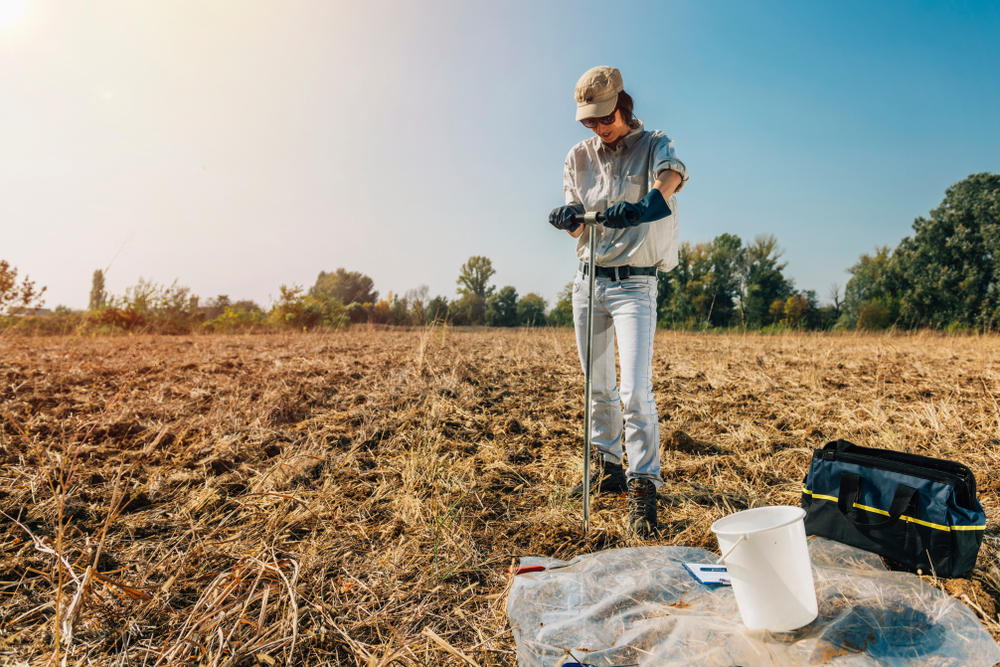GGA has developed a four-part professional development program for research and project officers that will build the technical capability of this vital cohort whilst cultivating a supportive professional community of practice within the GGA network.
Program Four-Part Structure
Following a co-design process, the program has evolved into four components adapted to serve the ongoing and changing needs of the network
- Part 1 – Independent learning ~ a comprehensive onboarding and basic training series for new hires
- Part 2 – Group learning ~ continuous learning professional development series comprising a blend of group learning opportunities via in-person or online events during the year and
- Part 3 – ‘Community of Practice’ within the GGA network cohort.
- Part 4 – Private optional mentoring support for existing research or project officers.
Activity Dates [List]
Upcoming planned activities in the program will be loaded here so you can block out diary dates in advance. If registrations are open click straight through to the Registration access column link in the table. If not open yet, lodge an EOI via the form further down this page to request we save you a seat!
Activity Dates [Gallery]
[2025 dates to come shortly]. Upcoming planned activities in the program will be loaded here so you can block out diary dates in advance. Click through the Access/Registration EOI link to save yourself a seat!
EOI to attend – save a seat!
About the four learning components
Part 1 – Independent online learning

Currently under development, this part of the program is aimed at supporting the induction of new hires [or to fill knowledge gaps for existing staff], this part of the training series comprises a collection of online resources and video tutorials accompanied by templates, worksheets, and additional resources covering the following topics:
- Trial Design: Small plot and Paddock Scale.
- Trial Implementation: Covering elements such as: marking out a trial for a subcontractor to seed, conducting emergence measurements, disease surveys, plant cuts, and project management skills. Additionally, it will outline seasonal activities that research officers should attend, such as seeding and harvest, and provide key contacts for effective project coordination.
- Farm Access 101: Considerations such as biosecurity, farmer engagement etiquette, essential ute kit, and safety considerations.
- Basic Statistical Analysis
- Data Collection and Management: Best practices for labelling and handling samples to minimize errors, and managing data sheets.
- Report Writing: Offering guidance on producing high-quality reports.
- Basic Agronomy: Catering to new hires without an agricultural background, providing fundamental knowledge in agronomy with a 50% discount on the Planfarm Academy Agronomy of Farming course.
Part 2 – Group learning events

From a co-design workshop with existing research and project officers working within the GGA network, the following priorities emerged and will be delivered in a blend of 4-6 in-person or online events over the year and chosen based on the current needs of the network cohort.
- Report Writing
- Scientific communications – translating a report to be communicated via other formats eg. Newsletters, case studies
- Trial design [see Experimental design booklet in Resources below]
- Agronomy
- Agtech topic – could be NDVI, VR, GIS, cleaning header data
- Soil science & testing
- Public Speaking – presenting scientific content and getting the message across.
Part 3 – Community of Practice

A community of practice is an essential component in fostering resilience and supporting long-term engagement. A community of practice connects professionals and cultivates social support links, building collegiate professional ties between participants navigating their roles and longer-term careers.
For 2025, a LinkedIn ‘group’ will be established and set up for peer-to-peer connectivity as a forum to ask for advice from peers, and access LinkedIn learning courses as needed.
Part 4 – Mentoring

GGA has the opportunity to include the grower group officers in a new program that DPIRD will be rolling out. More details to come on this component.
Enquiries
Enquiries to Project Manager – Tamryn Davis by email to tamryn.davis@gga.org.au
Resources

On Farm Experimentation Grower Case Studies
The On Farm Experimentation project, led by Curtin University which GGA collaborated within, provides tools for growers to conduct and analyse paddock-scale trials. The booklet includes case studies from farmers who utilized these tools to optimize fertilizer use, revealing significant benefits in crop yield and cost efficiency. The project aims to simplify and support on-farm experimentation, enhancing decision-making and profitability in farming practices.

